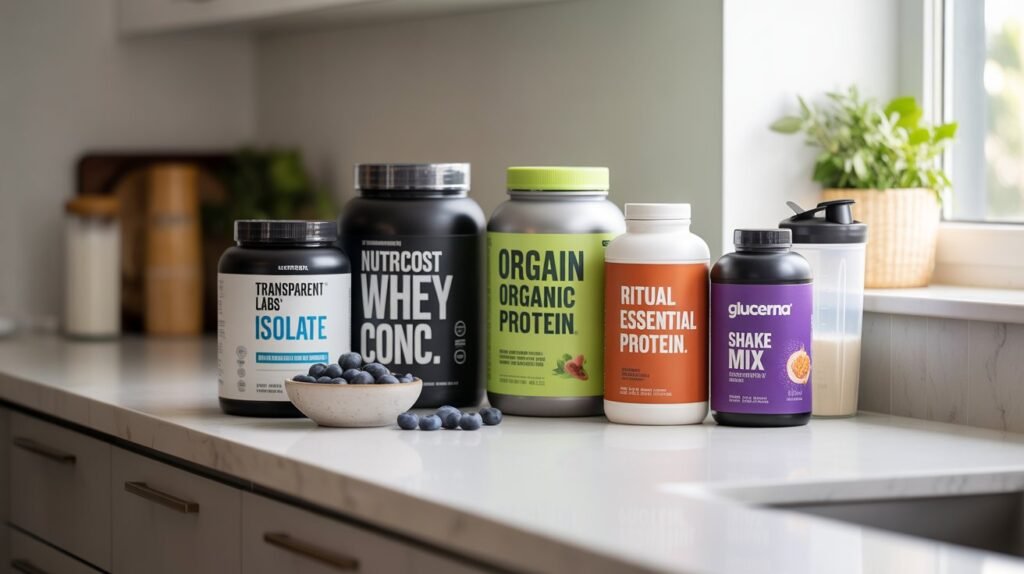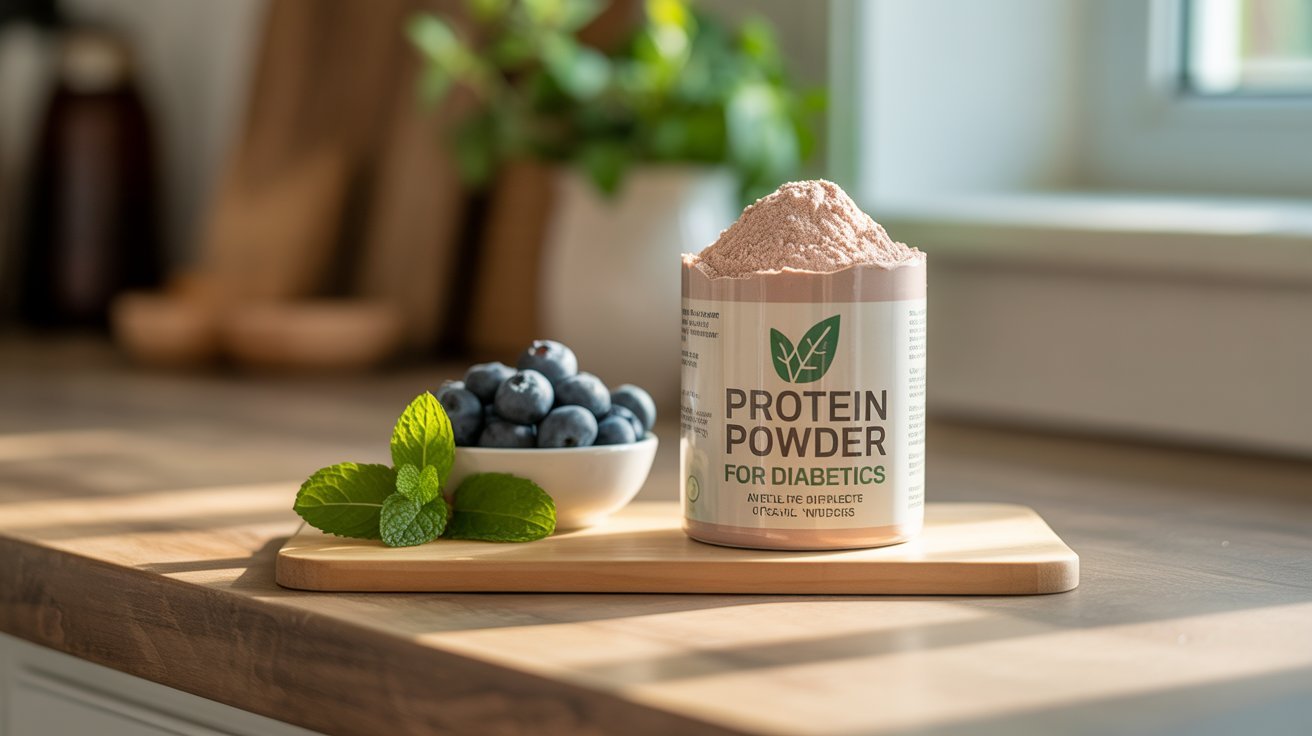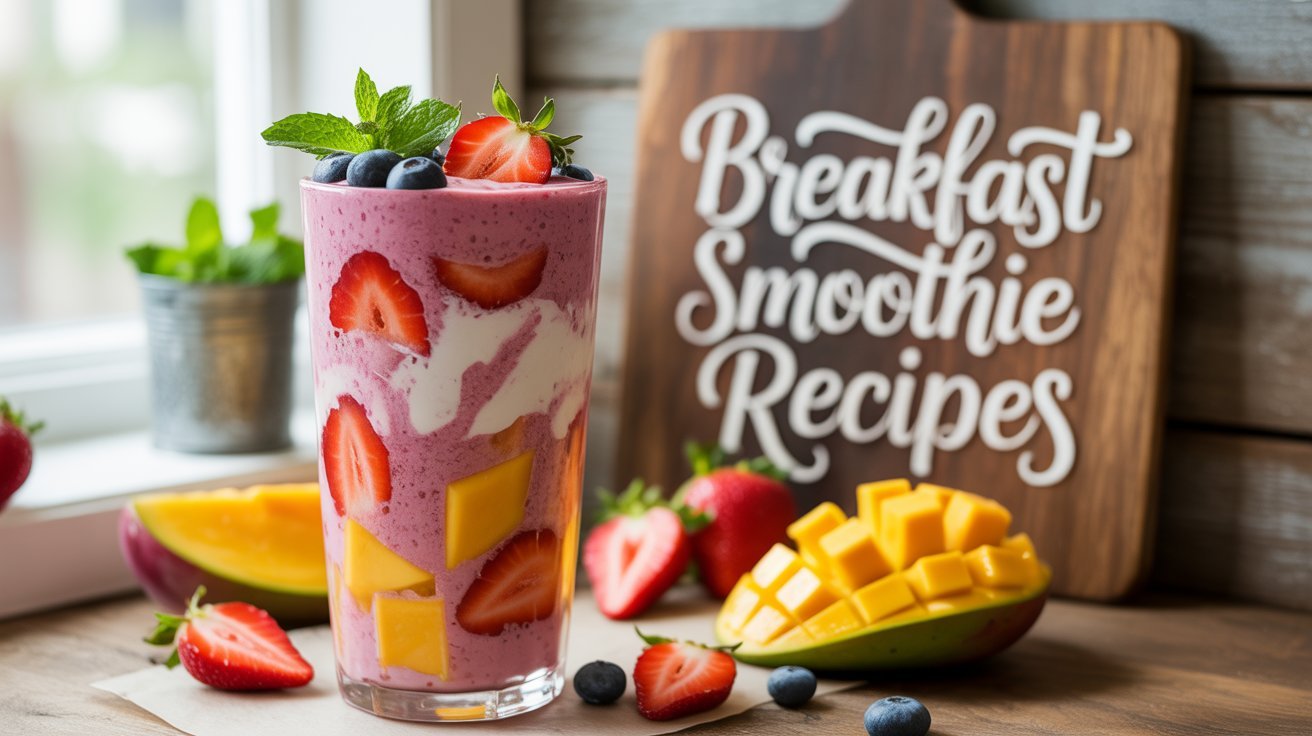Key Takeaways
Protein Powder for Diabetics can support blood sugar control and muscle health when chosen carefully.
- Low-carb, sugar-free powders help stabilize glucose.
- Whey isolate, pea protein, and diabetes-specific formulas are top choices.
- Key factors: carb content, sweeteners, and third-party testing.
- This guide also covers DIY shakes and timing tips to optimize glycemic response.
1. How Protein Affects Blood Sugar
Protein powder for diabetics is effective because protein slows gastric emptying and moderates postprandial glucose spikes critical for blood sugar stability. Whey specifically stimulates insulin secretion when paired with carbs.
2. What Makes a Powder Diabetic-Friendly
When selecting protein powder for diabetics, look for:
Low sugar & carbs (≤5g per serving)
Natural sweeteners like stevia or monk fruit
High-quality protein (≥20g), low fat
Third-party testing (Labdoor, Informed-Choice)
Clean ingredient list—no fillers or sugar alcohols
3. Recommended Protein Powders for Diabetics
| Powder | Type | Protein | Carbs/Sugar | Sweetener | Certification | Pros & Cons |
|---|---|---|---|---|---|---|
| Transparent Labs Isolate | Grass-fed Whey | 28g | 0–3g | Stevia | Informed-Choice | High quality, very low carbs, slightly pricey |
| Nutricost Whey Conc. | Whey Concentrate | 25g | 3–5g | Natural | GMP Tested | Budget-friendly, slightly higher carbs |
| Orgain Organic Protein | Pea/Rice Blend | 21g | 3g | Stevia | Organic | Vegan-friendly, mild taste |
| Ritual Essential Protein | Pea-based | 20g | 1g | Natural | Third-party | Clean formula, slightly lower protein |
| Glucerna Shake Mix | Diabetes-Specific | 22g | 15g* | Carb Blend | ADA Recognized | Designed for diabetics, but higher carb content |

4. Choosing the Right On
- For minimal carbs: Whey isolate or pea isolate.
- For vegan/plant-based: Pea/rice blends (Orgain, Ritual).
- For medical nutrition: Glucerna (controlled carb release).
Always read labels—protein powder for diabetics must be low-carb, clean, and tested.
5. How to Use Protein Powder
- Timing: 15–30 minutes before or after meals helps balance glucose spikes.
- Dosing: 20–30g per serving (~0.35g per lb body weight).
- Pairing: Combine protein powder for diabetics with fiber/fats (e.g., avocado, berries) to slow absorption.
6. DIY Diabetic-Friendly Shake Recipes
A) Green Berry Protein Smoothie
- 1 scoop Transparent Labs
- ½ cup spinach, ½ small avocado, ½ cup berries
[IMAGE PROMPT: Clean glass blender cup filled with vibrant green smoothie; scoop of protein powder in foreground; natural kitchen lighting]
B) Peanut Butter Keto Coffee Shake
- 1 scoop Ritual Essential Protein
- 1 tsp natural peanut butter, cold brew coffee, ice
C) Oat-Almond Comfort Shake
- 1 scoop Orgain
- 2 tbsp oats, ½ cup unsweetened almond milk, pinch cinnamon
7. Safety & Considerations
- Always check with your healthcare provider.
- Monitor kidney function with high protein intake.
- Avoid added sugars and excess sugar alcohols.
- Remember: protein powder for diabetics is a supplement, not a food replacement.
8. Common FAQs
Q: Can diabetics use protein powder?
Yes—protein powder for diabetics is safe when low-carb, sugar-free, and third-party tested.
Q: Is whey better than plant protein?
Whey isolate is complete and fast-absorbing; pea blends are slower but excellent vegan alternatives.
Q: Will protein powder spike insulin?
Whey triggers mild insulin release that helps glucose control; plant proteins are more neutral.
9. Final Thoughts
Protein powder for diabetics can be a valuable tool for blood sugar control, satiety, and muscle maintenance. Stick with low-carb, clean, and tested options. Pair with fiber and fats for best results, and consult your provider to personalize your intake.












